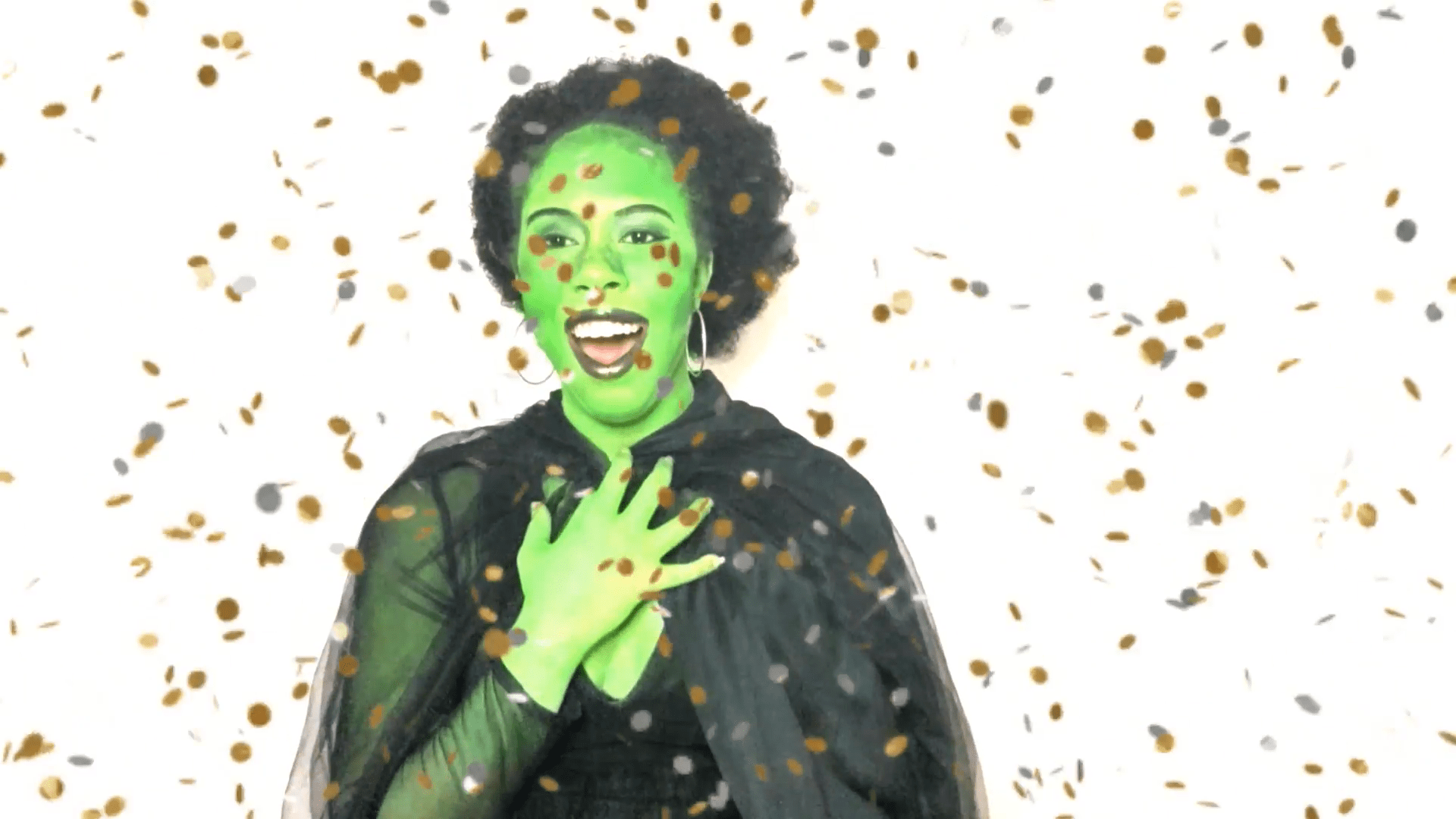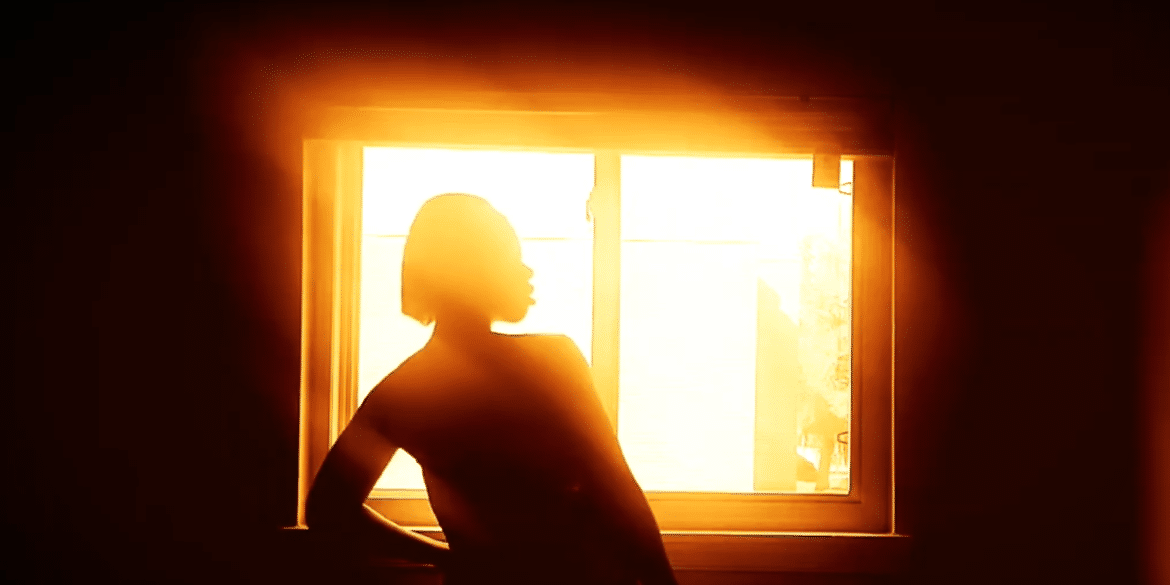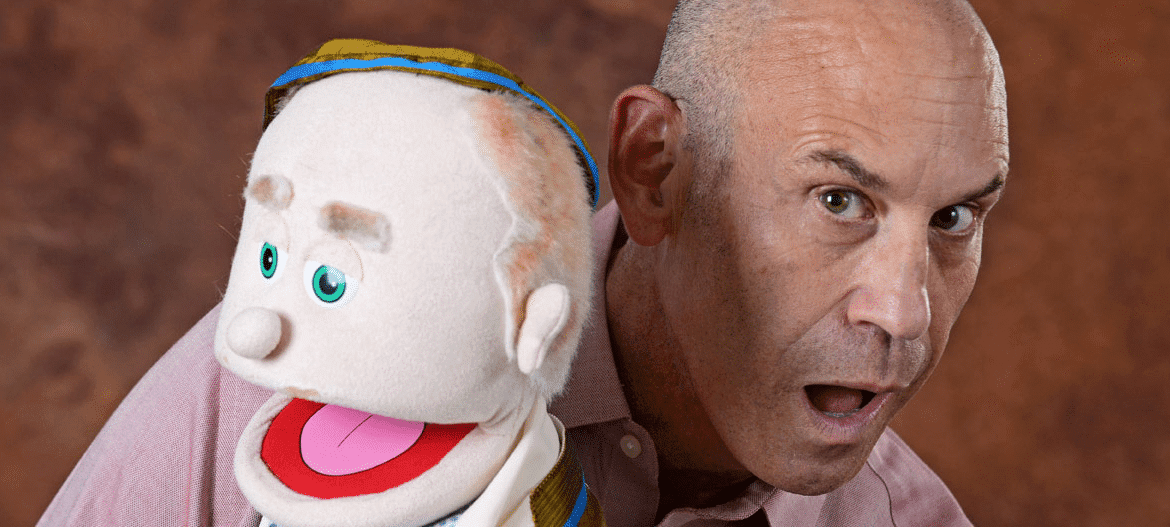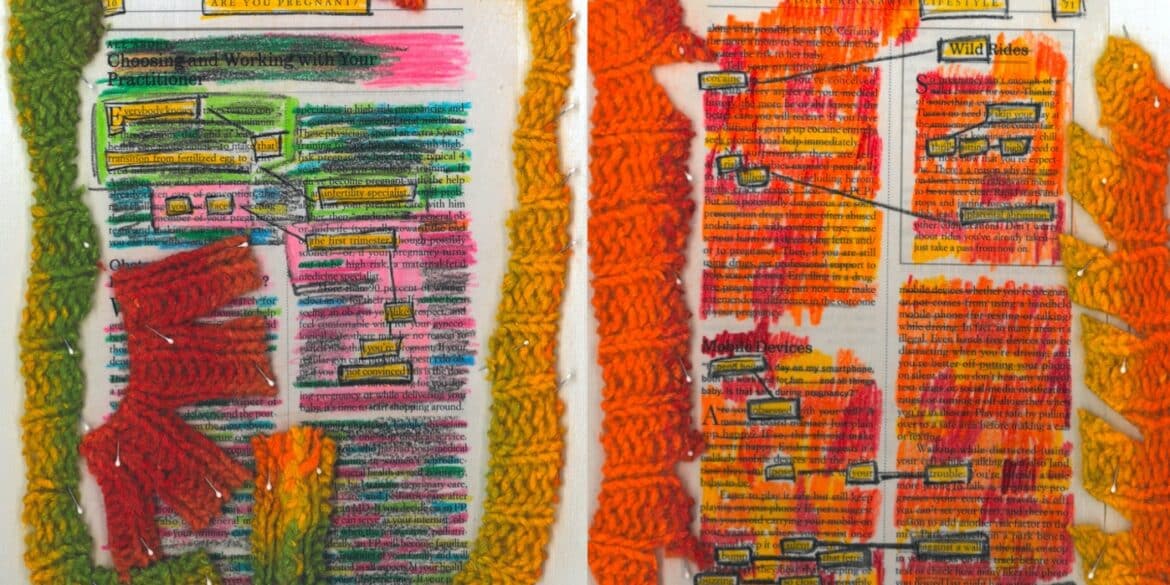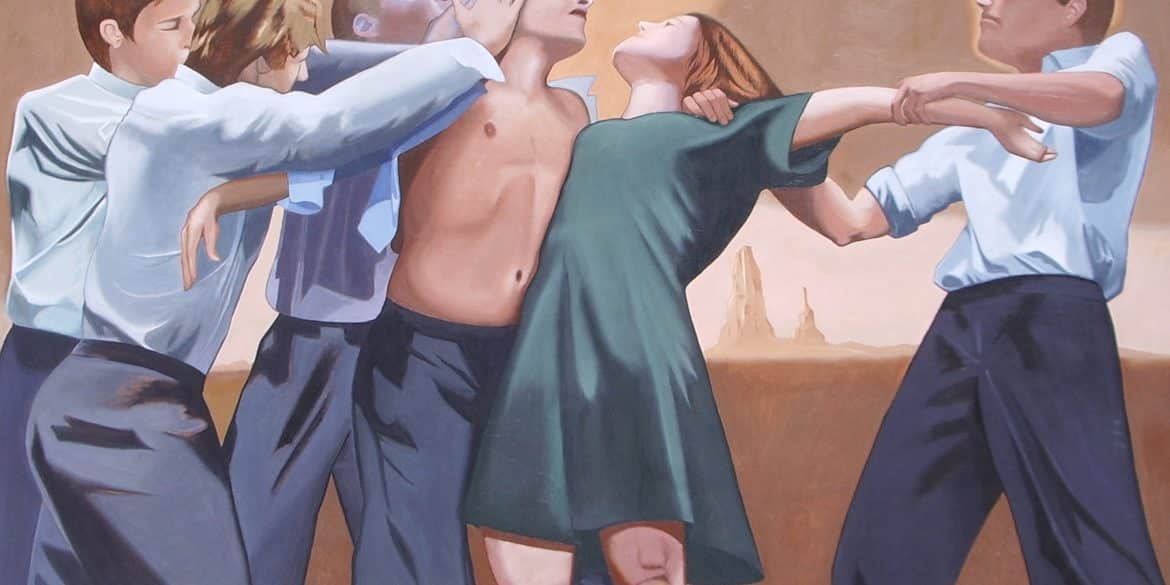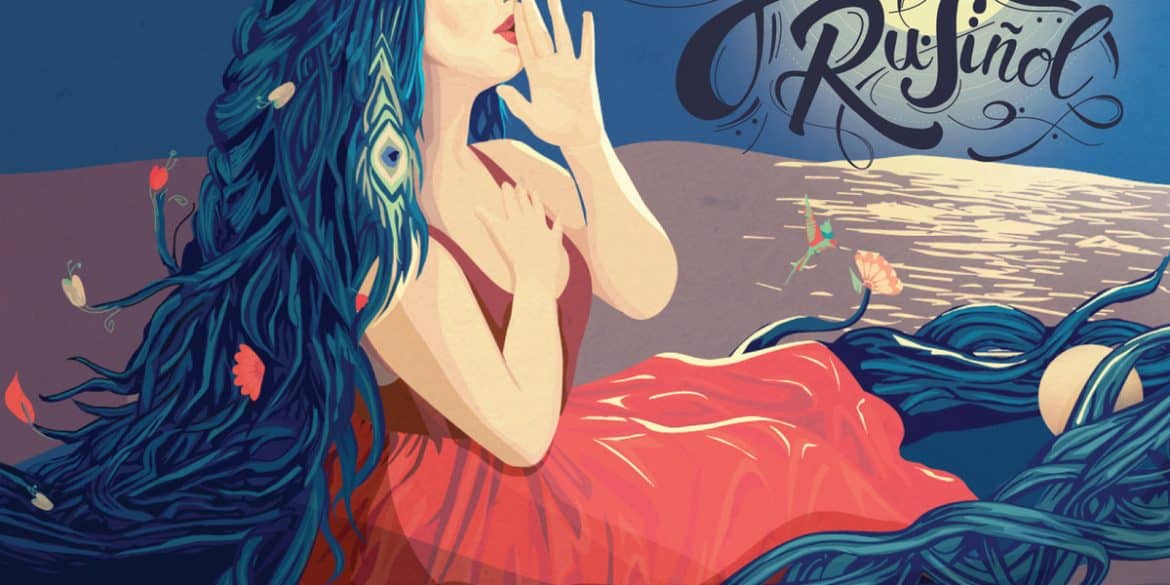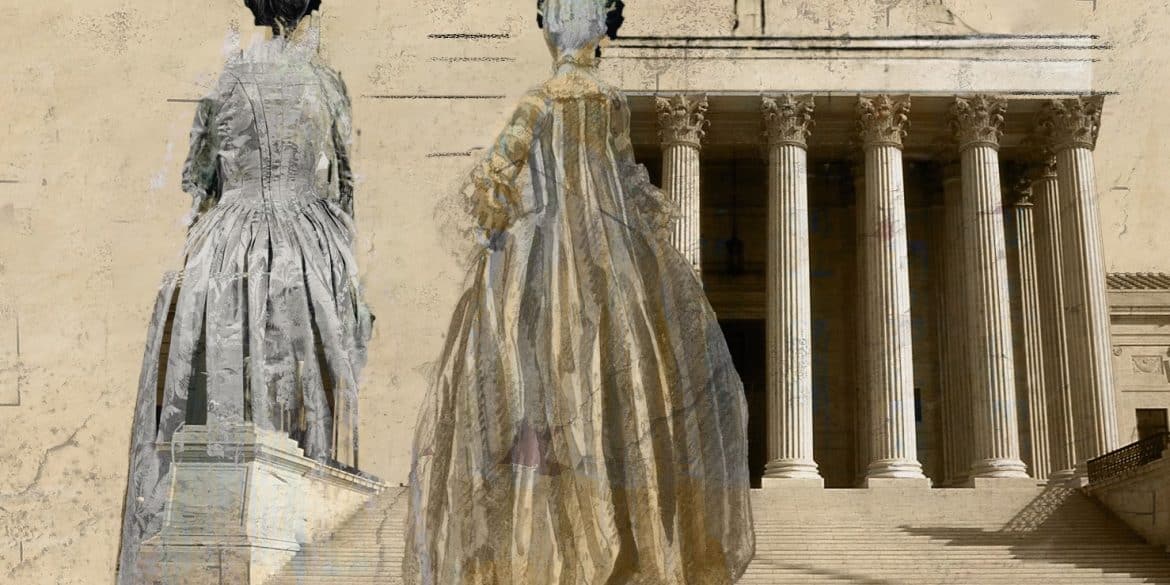This artwork is based on a startling and memorable encounter at the local vet while attempting to get Anaïs spayed.
What happens when a witch is black? This piece is a salute to the transformational beauty of cosplay & all the laughter it inspires.
Shanita Mitchell and Marlen Harrison·
All ContentAutoethnographic Art & MultimediaMorePodcastsReflections on MethodVolume 3, Issue 2 (2023)
··18 min readToday we're talking with the award-winning author, researcher, and performer, Shanita Mitchell about performance and autoethnography.
This is a song for the Passover prophet as a critique on his inability during the Covid-19 pandemic to appear and provide solace and safety.
The Ultimate Wave: Prose Poetry of the Pandemic and Parents Author’s Memo “The Wave” examines the problem of pleasure and...
In today's new podcast & video Marlen Harrison talks with current marketing interns about the role of culture in using Google Ads.
Sandra L. Faulkner·
All ContentAutoethnographic Art & MultimediaAutoethnographic PoetryFrom the EditorsMoreVolume 3, Issue 1 (2023)
··15 min read"Bringing up Baby” is a collection of collage and erasure poems that function as praise for and critique of (white) mothering.
This piece explores the ways in which identity and esteem are interwoven into the topic of Black hair.
"I danced each morning with Pina Bausch. I became her pupil lifting my leg up in the air like a flamingo except feeling more awake than I’ve ever been."
"While living in Ecuador, I wrote “Home” which essentially is an homage to the “third-culture kid” phenomenon, when your parents are from another country than the one you grew up in."
“Woken Word” was born as my inner voice was awakening and the world, ironically was becoming “woke” while simultaneously retreating into isolation.
"Combining autoethnography and artwork, Supreme Justice aims to reveal the persistence of institutionalized oppression of women through history."



